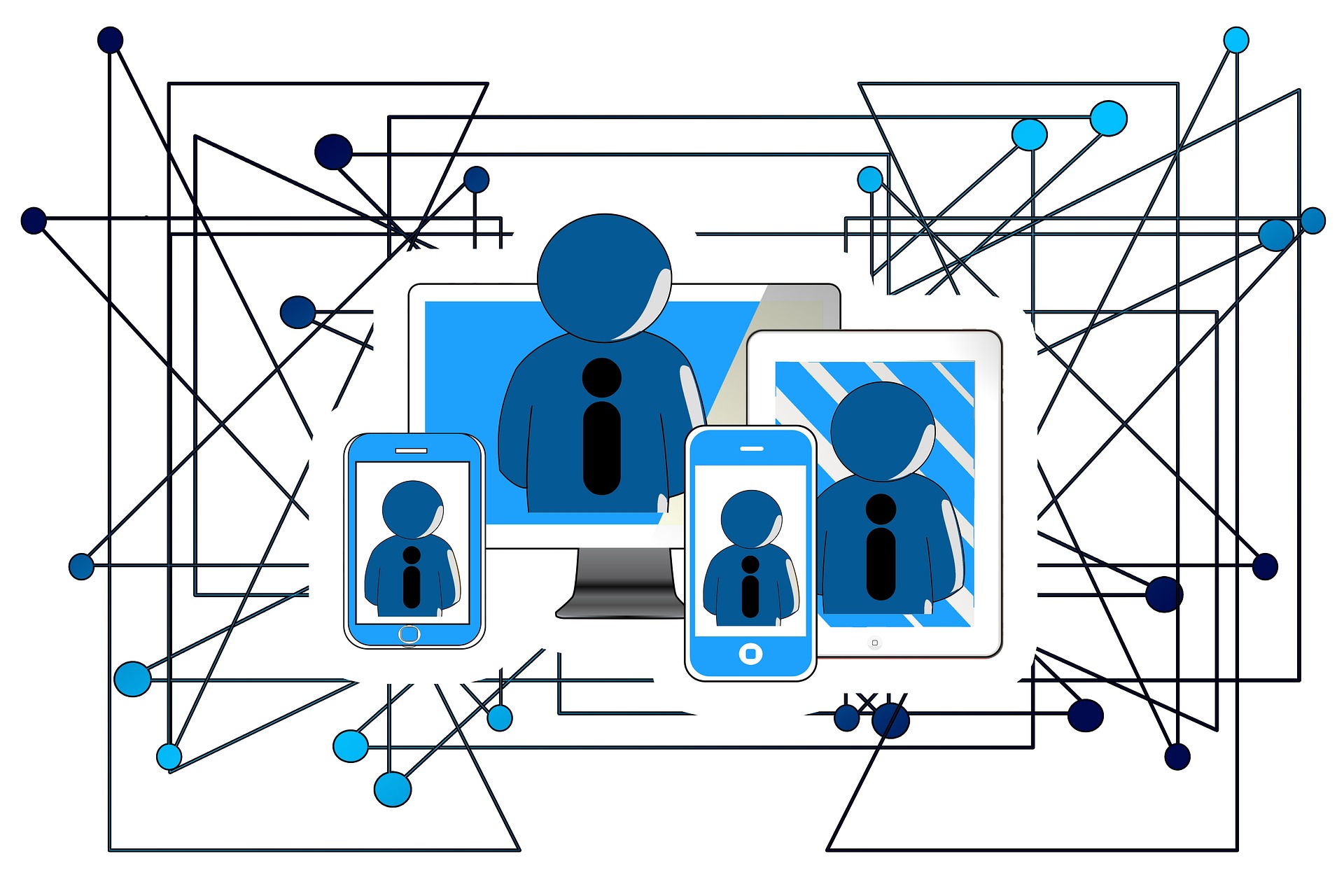Understanding the Potential of Virtual Private Networks in the Modern Digital Era
In this digital era, where data privacy and security have become paramount, Virtual Private Networks (VPNs) emerge as a reliable solution. Let's delve deeper into the world of VPNs, their implications on internet usage, their historical evolution, and the latest trends shaping this technology.

VPNs, as we know them today, have a rich history that is intertwined with the evolution of the internet itself. In the early days, VPNs were primarily used by businesses to create secure, encrypted connections between remote offices and their main servers. As internet usage expanded globally, the need for secure, private browsing for individuals became apparent, leading to the popularization of VPNs for personal use.
Currently, VPNs are becoming a mainstream technology, with more individuals and businesses recognizing their importance in protecting data privacy. Regulatory changes around the world are also playing a significant role in their widespread adoption. For instance, the General Data Protection Regulation (GDPR) in the European Union has made data protection a priority for businesses, leading to an increase in the use of VPNs.
Looking at a specific application of VPNs, we can see their impact in the realm of remote work. With the COVID-19 pandemic forcing many companies to shift towards a remote work model, VPNs have become crucial in ensuring secure access to company resources from employees’ homes. However, this comes with its own set of challenges, including the need for increased bandwidth and the potential for security vulnerabilities.
Research has shown that VPN usage continues to grow rapidly, with a 27% increase in VPN users worldwide in 2020. As VPN technology continues to evolve, we can expect to see advancements in speed, security, and ease of use.
While delving into the technical aspects of VPNs, it is essential to keep the information accessible to a broad audience. VPNs work by creating a secure tunnel between your device and the internet. In this tunnel, your data is encrypted and shielded from prying eyes, whether they be hackers, government agencies, or your internet service provider.
To wrap up, VPNs are shaping the future of internet usage, providing a secure and private browsing experience in an increasingly connected and data-driven world. As we move forward, the importance and relevance of VPNs will only grow, making it a trend worth watching in the telecommunications industry.




